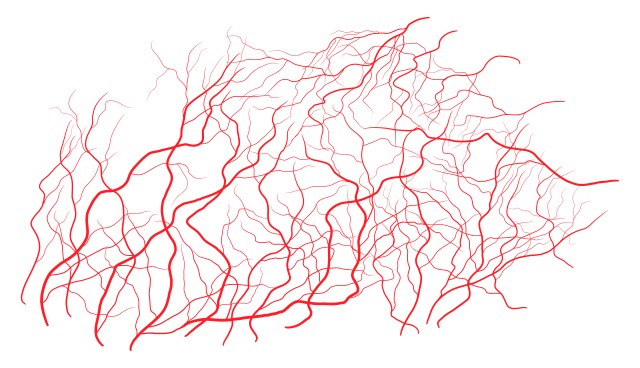Course Summary
This course is for Advanced Practice Registered Nurses, Registered Nurses and other Interdisciplinary Health Team Members who are seeking autonomous practice or advanced certification continuing education credits. Varicose veins are a manifestation of chronic venous insufficiency. They are common in adults and they occur because of high venous pressure in the lower extremities. Varicose veins may be accompanied by or progress to more serious conditions such as edema, deep vein thrombosis, skin changes and ulcers in the lower extremities. There are various types of treatments for varicose veins that may begin with more conservative approaches such as the use of compression stockings, diet, leg elevation and other lifestyle changes. When indicated, varicose veins may be treated using outpatient procedures that include sclerotherapy, ablation or phlebectomy.
Course Format
Homestudy
Learning Objectives
- To provide health clinicians with knowledge of the diagnosis and treatment options of varicose veins
Course Syllabus
- Introduction
- Varicose Veins and Their Prevalence
- Pathophysiology of Varicose Veins
- Venous Blood Flow and Pressure
- Venous Hypertension
- Primary and Secondary Varicose Veins
- CEAP Classification System
- Risk Factors
- Prolonged Standing
- Pregnancy
- Advanced Age
- Genetics
- Dietary Fiber Deficiency and Obesity
- Other Potential Risk Factors
- Diagnosis
- Differential Diagnosis
- Varicose Vein Treatment
- Compression Stockings, Diet and Lifestyle Changes
- Pharmacological Interventions
- Endovascular/Open Surgery Interventions
- Ablation
- Phlebectomy, Ligation and Stripping
- A Greater Focus on the Patient
- Case Study: Varicose Veins
- Summary
Authors
Noah H. Carpenter, MD
Dr. Noah Carpenter is a Thoracic and Peripheral Vascular Surgeon. He completed his Bachelor of Science in chemistry and medical school and training at the University of Manitoba. Dr. Carpenter completed surgical residency and fellowship at the University of Edmonton and Affiliated Hospitals in Edmonton, Alberta, and an additional Adult Cardiovascular and Thoracic Surgery fellowship at the University of Edinburgh, Scotland. He has specialized in microsurgical techniques, vascular endoscopy, laser and laparoscopic surgery in Brandon, Manitoba and Vancouver, British Columbia, Canada and in Colorado, Texas, and California. Dr. Carpenter has an Honorary Doctorate of Law from the University of Calgary, and was appointed a Citizen Ambassador to China, and has served as a member of the Indigenous Physicians Association of Canada, the Canadian College of Health Service Executives, the Science Institute of the Northwest Territories, Canada Science Council, and the International Society of Endovascular Surgeons, among others. He has been an inspiration to youth, motivating them to understand the importance of achieving higher education.
Dana Bartlett, RN, BSN, MSN, MA, CSPI
Dana Bartlett is a professional nurse and author. His clinical experience includes 16 years of ICU and ER experience and over 27 years as a poison control center information specialist. Dana has published numerous CE and journal articles, written NCLEX material, textbook chapters, and more than 100 online CE articles, and done editing and reviewing for publishers such as Elsevier, Lippincott, and Thieme. He has written widely on the subject of toxicology and was a contributing editor, toxicology section, for Critical Care Nurse journal. He is currently employed at the Connecticut Poison Control Center. He lives in Wappingers Falls, NY.


